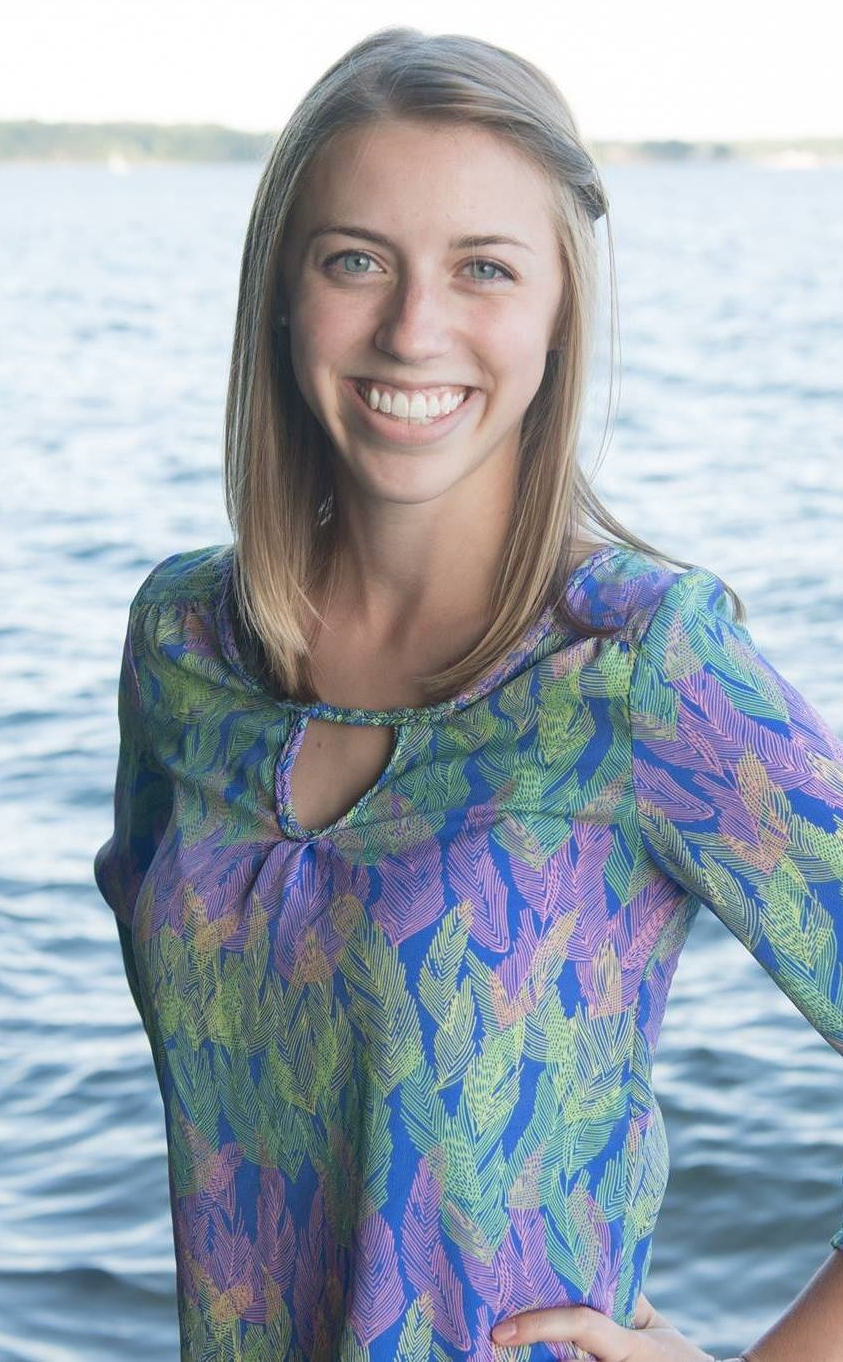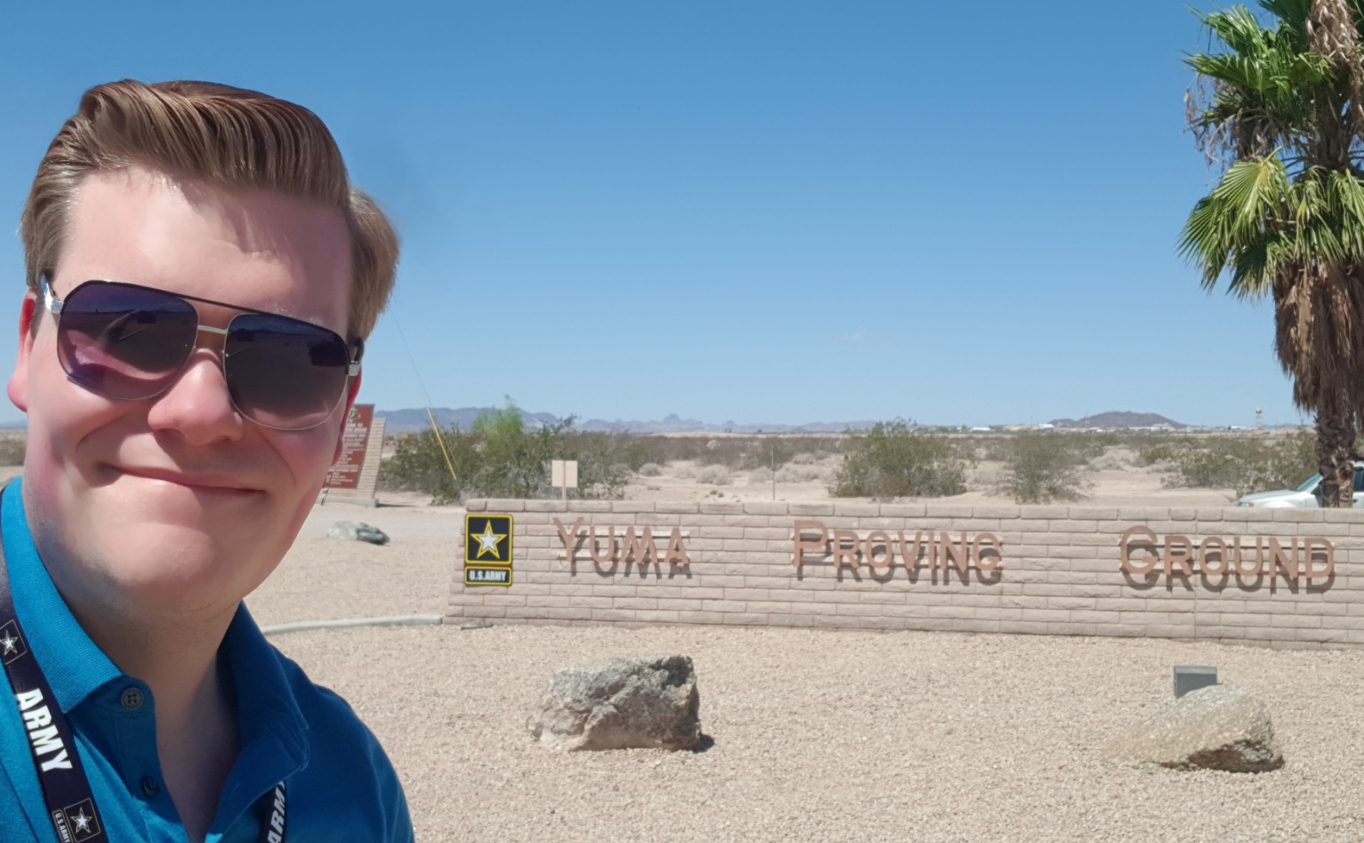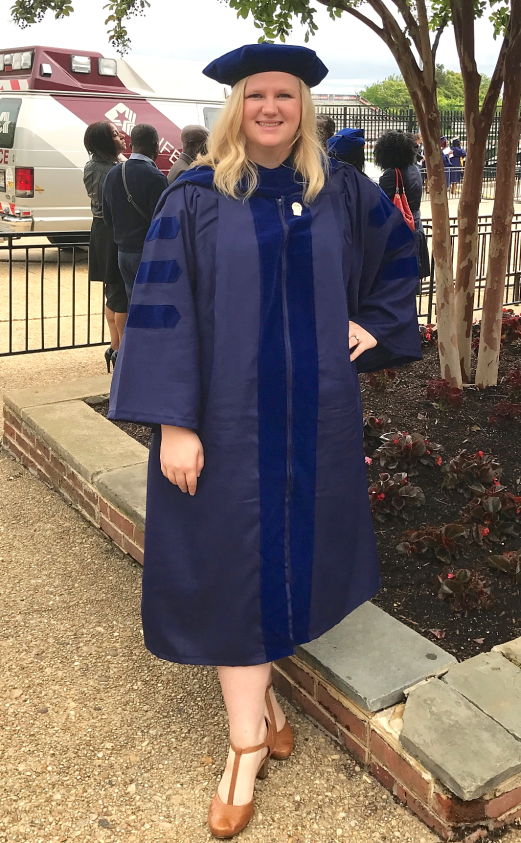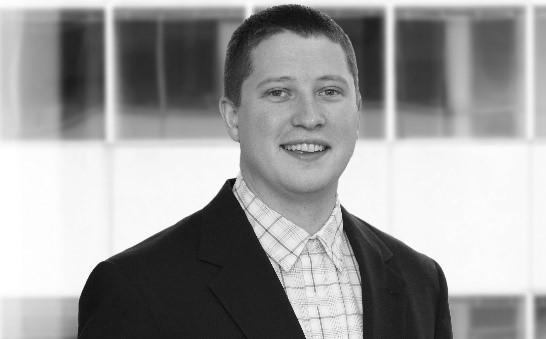Our graduates are successful in many areas of the atmospheric sciences. For example, they are forecasters in the private industry, broadcast meteorologists, research scientists, and are pursuing additional degrees in graduate school. We work with passionate individuals to help them realize their success — here are their stories. If you’re interested in sharing your story, we’d love to showcase your successes! Please connect with the department on social media.

Lauriana Gaudet, ’15
Research Assistant and Ph.D. candidate, University of Albany, SUNY, Albany, NY
Lauriana is currently a graduate student in the Ph.D. program in the Department of Atmospheric and Environmental Sciences (DAES) at the University at Albany, SUNY. She is gaining expertise in ice microphysics for numerical modeling by diagnosing the relative importance of ice growth in precipitating mesoscale and synoptic systems. Her work is supported by the U.S.-Taiwan Partnership for International Research and Education (PIRE) which has also funded research related travel to Taiwan and presentations at both national and international conferences. She has been active within DAES by co-chairing the annual Prospective Graduate Student Visiting Weekend, mentoring undergraduate student summer research both in the U.S. and Taiwan, serving as a representative on the Graduate Program Committee, and volunteering for various outreach events. In her spare time, she volunteers for the Big Brothers Big Sisters of the Capital Region and is a Mathematics and Earth Sciences tutor for middle and high-school students.
On her experience at Lyndon
During my three years at Lyndon, Lauriana learned how to creatively solve problems in atmospheric sciences which has been invaluable in my graduate coursework in addition to my everyday research tasks. “Most of my time was spent in the Weather Center working through problem sets and projects with my two best friends who kept me sane through the program. It always puts a smile on my face to remember the amount of laughter that came from our antics together, from the stairwells of ASAC to our suites in Rite Bole.”

Mitchell Most, ’18
Meteorologist, U.S. Army Test and Evaluation, Department of Defense, Yuma, AZ
In late winter of HIS senior year at Lyndon, Mitchell applied and interviewed for a meteorology position with the Department of Defense at U.S. Army Yuma Proving Ground in Yuma, Arizona. He received notice that he was hired for this position shortly after graduating in Spring 2018, and he accepted. After a few weeks of preparation and packing, Mitchell moved across the country in August 2018 and began his career as a meteorologist.
On his experience at Lyndon
The Atmospheric Sciences program and broadcasting concentration really prepared Mitchell for being able to produce a forecast and communicate meteorological information to an audience of non-scientists. He says, “I think the most critical piece of this is being able to communicate uncertainty openly and honestly. I really loved being able to travel abroad while I was at Lyndon. It is so eye-opening and rewarding to see the world and experience different cultures. I also never thought I would be able to visit New Zealand, which is at the my top bucket list, so soon.”

Megan Lataille (Payne), ’10
Project Manager, CyberData Technologies, Washington, DC
After she graduated, Megan was awarded a NASA fellowship to attend Howard University in Washington, DC for a Ph.D. in Atmospheric Sciences. She was involved with several NASA and NOAA research campaigns and other local and state government projects during her tenure in graduate school. Megan worked at the Howard University Beltsville Campus in Beltsville, MD getting hands-on experience with air quality monitoring instruments, eddy covariance flux instruments, and most relatable to her future employment, atmospheric radiosondes.She spent 8 years (between graduate school and internships) training and coordinating radiosonde launches for satellite overpasses, lidar calibration and validation, vertical ozone distribution, and water vapor profiles utilizing over 5 different types of vendors and specialized payloads. MeganI completed my dissertation in December 2016 in characterizing meteorological controls on new particle formation of aerosols in the boundary layer. After earning her Ph.D., she became a government contractor working for the National Weather Service testing and evaluating radiosonde equipment. Since then I have been promoted twice and recently took a new role as Project Manager at CyberData Technologies, overseeing 40 contract staff members at the facility. Her long term goal is to eventually move into Program Management.
On her experience at Lyndon
Megan says, “my time spent at Lyndon were some of the best years of my life – not only because of my successes in the classroom, but also because of the lifelong friendships (including my marriage to fellow classmate, Alex Lataille) and opportunities that came from the unique school atmosphere.”

Alexander Lataille, ’10
Climate Change Consulting Manager, ICF Inc., Washington, DC
Following graduation from Lyndon, Alexander moved to Washington, DC and started at ICF as a climate change policy analyst. At ICF he works with both federal and commercial clients to support some of the world’s most challenging environmental and climate change projects. He has supported numerous greenhouse gas (GHG) mitigation and adaptation projects along with carbon accounting projects like the U.S. GHG Inventory. This country-wide carbon footprint analysis is used by policy makers to develop and track strategies for emission mitigation. For USDA, IAlexander is advising on the use of new fertilizers and farming techniques that increase yield while decreasing N2O emissions by slowing the rate in which it re-enters the environment. For NHTSA, has had led the climate analysis within the EIS that evaluates the GHG impacts of new MPG targets future vehicles must attain. Climate change continues to have a growing impact on people and property and he’s excited to be supporting the projects that address the causes and adjust for the impacts over the coming years.
On his experience at Lyndon
The most important things Alexander learned at Lyndon went beyond the classroom. Alexander says, “I learned how to make my own fun (small town!). I learned how to work out problems (failed and retook a class). I learned how to ask for help (got a tutor). I learned when to step up and take charge and when to rely on the strengths of others (group projects and presentations). I learned the world is bigger than my tiny corner of it (trips with Dr. Strokanov to China, Russia, Vietnam). I even learned how to farm (Dr. Farrell!). Along the way I met my future wife (fellow classmate Megan Payne). The atmosphere, professors, and program at Lyndon all shaped the person I’ve become.”
